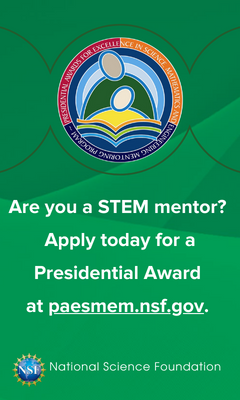The 3M Company, a Saint Paul, Minnesota-based corporation that produces over 60,000 products, has released its fifth annual State of Science Index. The research study commissioned by 3M tracks and explores global attitudes toward science, taking the pulse on how people think and feel about the field and its impact on the world around us.

According to 3M, the 2022 wave of data explores the future of science and captures sentiment related to 3M’s core brand priorities of science, technology, engineering, and math (STEM) equity, health equity, upskilling, and trade skills, sustainability, and future technology.
The global themes for 2022:
High trust in science holds steady, but misinformation threatens scientific credibility.
There is significant work to be done to improve diversity and inclusion in STEM.
Skilled trades have an image problem –people do not see career growth.
Climate change is personal –many fear displacement as a result of extreme weather.
Improving access to quality healthcare is a top priority for science.Innovation and transparency will drive science appreciation in the future.
Since 2018, the State of Science Index has been one of the largest studies to explore attitudes about science and enables 3M to track and benchmark shifts in attitudes about science over time, using the inaugural year as a baseline.
The 2022 survey was conducted among a sample of 1,000 adults, 18 years and older, across 17 countries, including the United States, Canada, United Kingdom, Germany, France, Poland, Italy, Brazil, Mexico, Colombia, Japan, Singapore, South Korea, China, India, United Arab Emirate, and Australia.
84% believe there are barriers to students pursuing a STEM education. The top barriers are: Access (76%) and Money Affordability (47%) *Access includes "Lack of STEM classes in school," "Not enough STEM educators/teachers" and "Lack of internet access"
Survey respondents show particular concern for women and girls in STEM: More than 86% of respondents agreed it is important to increase diversity and inclusion in STEM fields; more needs to be done to encourage and keep women/girls engaged in STEM education (84%); women are a source of untapped potential in the STEM workforce (81%); underrepresented minorities often do not receive equal access to STEM education (71%)
Among the top issues that people want science to solve (beyond the COVID-19 pandemic), are Climate change (58%) and Equal access to quality healthcare (54%).
When it comes to scientific facts, people are more likely to trust traditional media: Social media (44%) vs. Traditional news (75%).
In the United States, 91% say science is important to their everyday life. 89% say we will be more dependent on scientific knowledge than ever before, and mental health is a more urgent healthcare priority for science than vaccines for future pandemics (not including COVID-19).
Younger generations are more likely to agree that science is very important to their everyday lives. Gen Z and Millenials (61%) Gen X and Baby Boomers (53%). And younger generations are more likely to put their complete trust in new stories about science. Gen Z and Millenials (36%) Gen X and Baby Boomers (27%).

